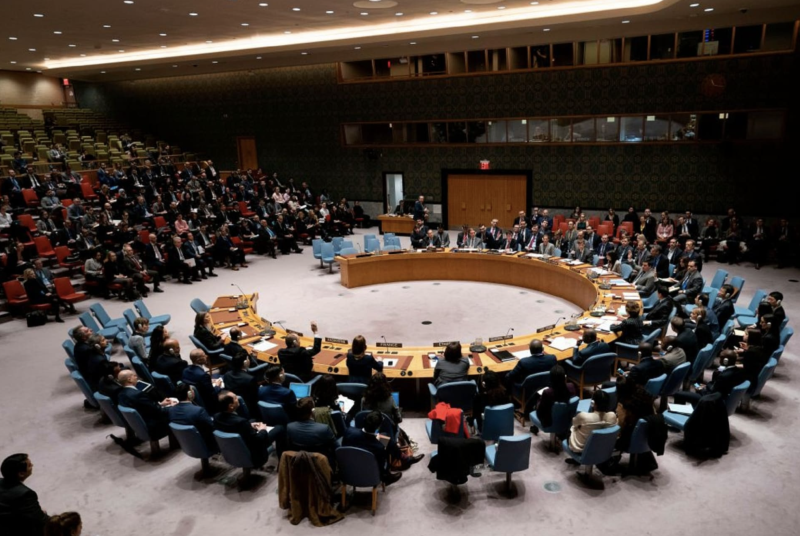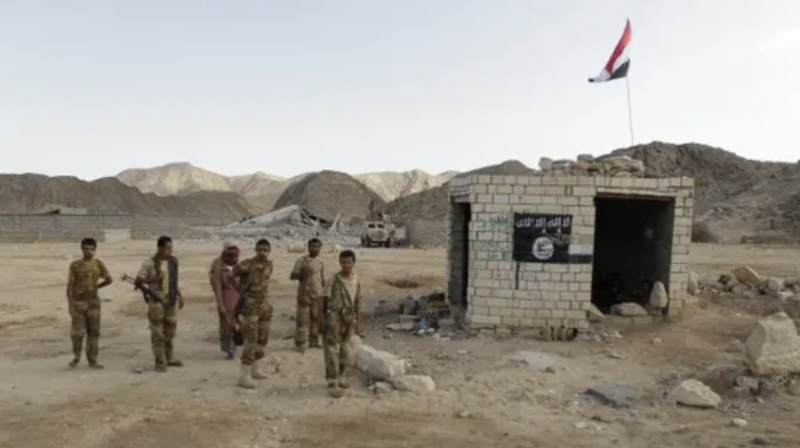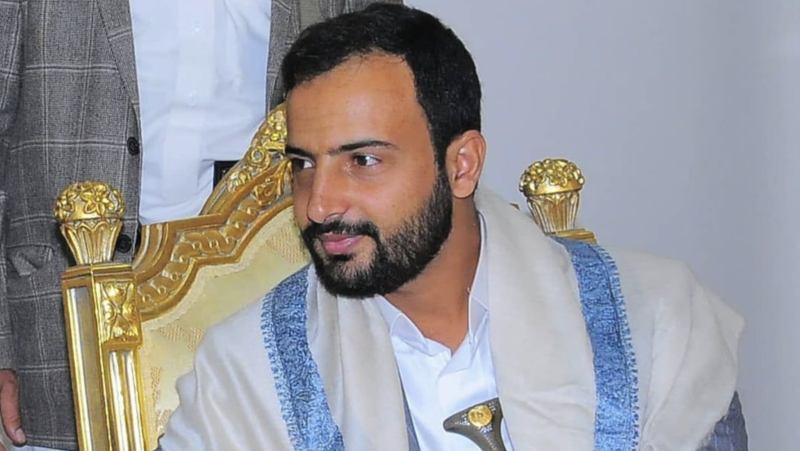Japan prevents journalist from traveling to Yemen


A veteran freelance journalist said Wednesday the Japanese government has ordered him to surrender his passport as he prepared to leave for Yemen.
The move came amid debate in Japan about whether journalists should be prevented from going to war zones after the capture and release of a Japanese reporter in Syria last year.
Kosuke Tsuneoka, 49, told AFP that immigration officers stopped him at Tokyo’s Haneda airport on February 2, citing an order for him to surrender his passport. “This cannot be tolerated in a democracy,” he told AFP.
He planned to cover relief efforts by international organizations and conditions in Yemen, which the UN calls the world’s worst humanitarian crisis, with millions of people facing famine and starvation.
“I planned this mission in Yemen, but now it is interrupted. This is not just harm done to me, but rather to the entire Japanese public” for missing the news, he said. Foreign Minister Taro Kono said Tuesday the government issued the order to “a male Japanese national” at Haneda airport.
When asked whether the action violated Tsuneoka’s right to travel, Kono said the journalist had the right to legal recourse. “I wish to express my utmost respect to journalists who are reporting in dangerous places,” Kono said, while declining to disclose other details.
Yemen’s rebels have been mired in a war with the Yemeni legitimate government forces since 2015. Tsuneoka attempted to visit the war-torn nation in January, but was stopped in Oman and deported. The Japanese government used his deportation as a reason for the order.
The rare step came amid mixed views in Japan over people taking risks with their safety after the shock killings and kidnappings of journalists and other Japanese nationals in Middle East.
The latest decision came after the release in October of another freelance journalist, Jumpei Yasuda, who was held in Syria for more than three years.
In 2015, Tokyo confiscated the passport of photographer Yuichi Sugimoto, who planned to travel to Syria. That decision followed the killing of two Japanese citizens - war correspondent Kenji Goto and his acquaintance Haruna Yukawa - by extremists in Syria.
Sugimoto later received a new passport, which specifically barred him from travel to Syria and Iraq.
Tsuneoka said he is now asking for a new passport, with officials unable to tell him whether he would get one or whether conditions would be attached.
AFP.

NewYork -- The United Nations Security Council has urged all parties in Yemen to de-escalate tensions and intensify diplomatic efforts to end the c…

Marib — A senior al-Qaeda commander was killed Tuesday in a suspected U.S. drone strike in Yemen’s northern province of Mareb, accordin…

London — The United Kingdom has announced new sanctions targeting Hussein al-Houthi, son of Abdulmalik al-Houthi, leader of the Houthi militi…